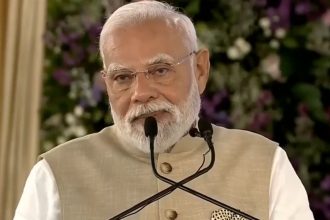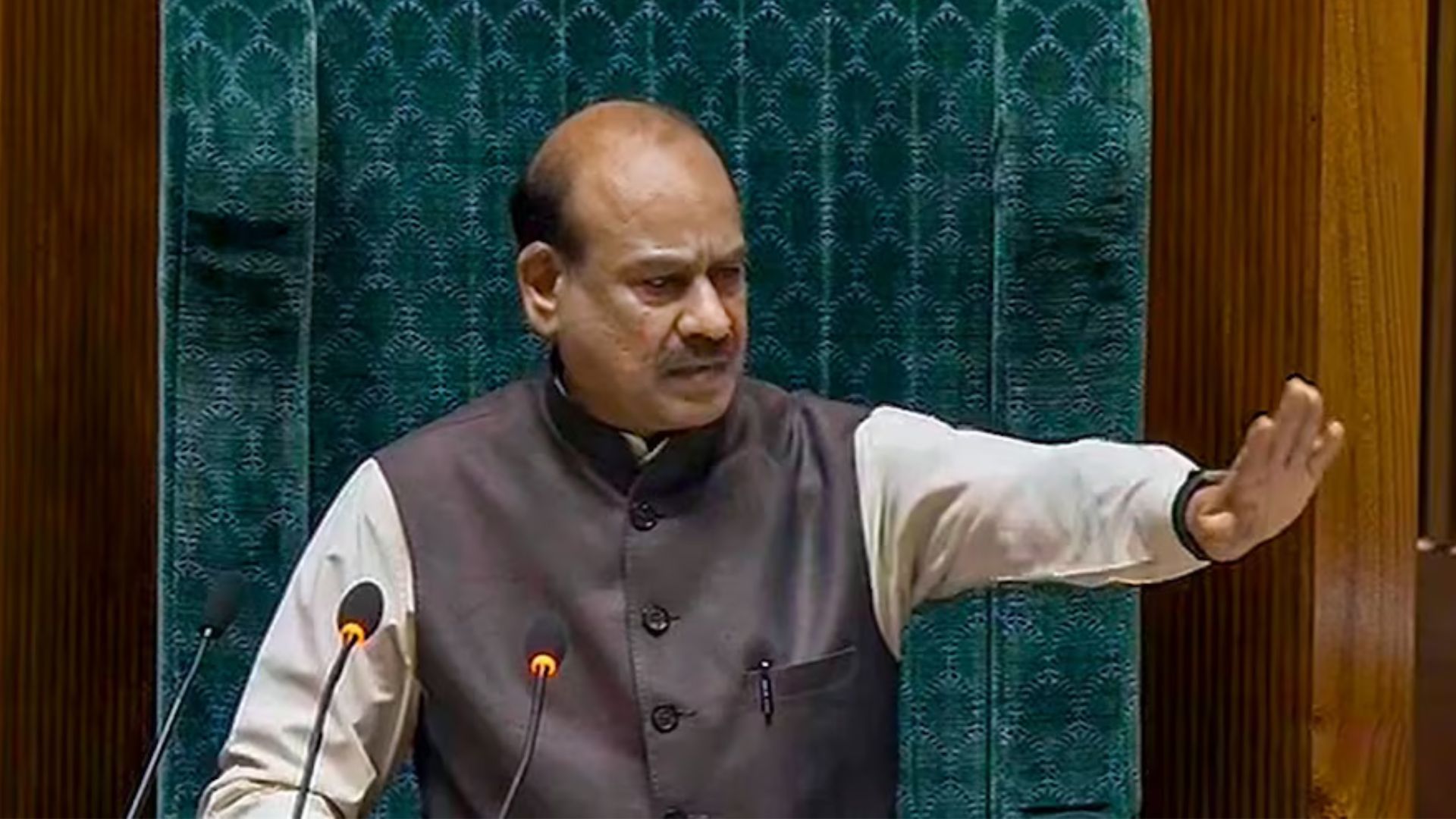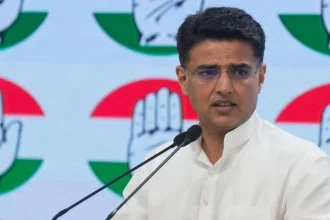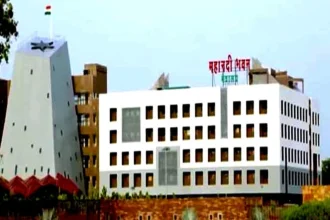As former chief ministers remind bureaucrats that governments are not permanent, the question of bureaucratic neutrality and accountability must be addressed. Earlier in the day Bhupesh Baghel, former chief minister of Chhattisgarh reminded the state bureaucracy that they need to bear in mind the temporary nature of elected governments and must avoid behaving like party functionaries, the same words of caution was spoken by another former chief minister of the State Raman Singh in 2022.
Leader of opposition in the lok sabha Rahul Gandhi has been expressing similar concerns over the last few years and he also warned them of exemplary punishments for extra juridical overreach and misconduct, calling it against the interests of country. This brings us to some basic questions about the nature and role of bureaucracy. As the permanent branch of the government it is extremely powerful, both as an institution and individually due to the long careers its members enjoy. Neutrality and anonymity are the bedrock of weberian bureaucracy. It is against these conditions that they enjoy permanent tenures. Many countries like the United States have a “Spoils “ system of bureaucracy where the entire top executive resigns with the president and a fresh batch is appointed with every new president. Whereas our constitution through article 311 provides extraordinary protection for public servants. Such protection has been provided looking into the huge diversity and inequality in our society, where the individual and communities need to be assured of protection of rights from competing political pressures. If the bureaucracy aligns itself deeply with the ruling party and leadership, it is a betrayal of their constitutional mandate. As power gets more and more centralized, the political leadership becomes cut off from any ground feedback and becomes increasingly dependent upon the bureaucracy for information and advice. This means the bureaucracy becomes unaccountable and arrogant at the lower levels and subservient at the top levels. The stakes are often too high and it aligns its interests with the political leadership, sharing the spoils of power. Even with an imperfect democracy, we have had peaceful transfer of power after elections, though the conduct of these elections are now under allegations. When opposition leaders warn the bureaucracy it is fundamentally an expression of confidence on the democratic process or at least on the people.
The process is not limited to the bureaucracy and involves all the institutions including judiciary, constitutional bodies, investigative and law enforcement agencies, media, corporate business, religious and social civil society organizations and even the armed forces. We are thus witnessing a serious weakening of our institutions, which is denuding the body and soul of our republic. In this situation the officers and people heading these institutions cannot hide behind bureaucratic anonymity and would be held liable for both their omissions and commissions. Authority is coterminous with law and following illegal orders accords no immunity. The bureaucracy has a moral and legal obligation, it cannot repudiate.
Bureaucracy not immune from breach of trust









